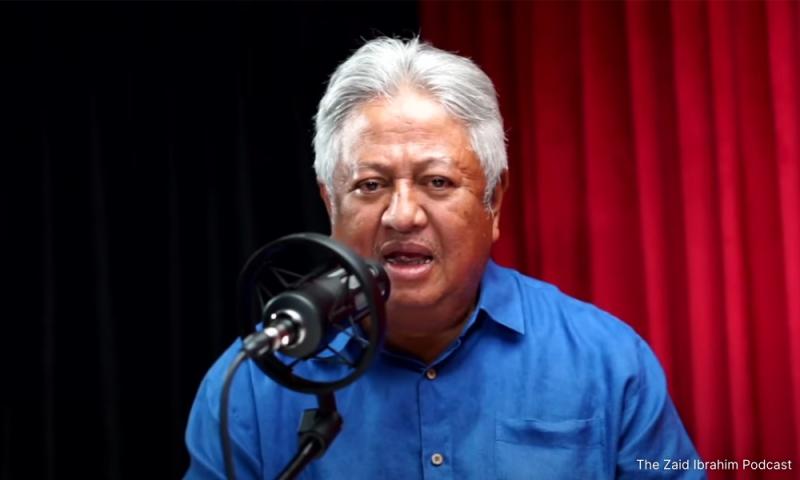Petronas said today that it would review a proposed C$11 billion (US$8.3 billion) liquefied natural gas plant in western Canada that was approved by Ottawa following a three-year wait.
Many analysts are sceptical the project will proceed, with the green light from Prime Minister Justin Trudeau’s Liberal government coming as state-run Petronas is looking to rein in spending in the face of a global slump in prices for commodities, including LNG, and an economic slowdown in Malaysia.
The decision, which came late yesterday in Canada, has been widely seen as a major test for the Liberals, who must juggle the needs of an energy industry suffering from job losses as well as the concerns of environmentalists, who Trudeau courted in his successful 2015 election campaign.
“The announcement was just made ... We need time to look at the conditions and then we will have a review of the project,” Petronas president and chief executive Wan Zulkiflee Wan Ariffin told reporters on the sidelines of an event in Kuala Lumpur.
Benchmark LNG prices have plunged by more than a third in the last couple of years, hit by worries about oversupply and faltering demand as China’s economy slows.
“The economics (of the project) require much higher LNG prices than currently, and than they are forecast to be for the next few years,” said Wood Mackenzie analyst Alex Munton.
“That’s what we think will cause Petronas to pause investment for a period of time until it’s more confident about future gas prices.”
Petronas in early 2016 announced it would cut spending by up to RM50 billion (US$12.09 billion) over four years in response to the oil price slump.
“We always look at the business and if there are options for optimising of course we will look at that,” Wan Zulkiflee said today when asked about more spending cuts this year.
Conditions attached
Canada imposed 190 legally binding conditions to limit the environmental impact of the Pacific NorthWest LNG project in northern British Columbia, including a hard cap on carbon emissions.
But green groups condemned the move, which followed an environmental assessment saying the plant would have significant adverse effects requiring major remedial work. They argued the facility would cause a massive increase in greenhouse gas emissions at a time when Canada looks set to badly miss its existing climate change targets.
“If this project is built as currently approved, it will be one of the single biggest sources of carbon pollution in the country,” said Merran Smith, executive director of Clean Energy Canada.
Environment Minister Catherine McKenna, who made the announcement on the banks of the Fraser River, flanked by Natural Resources Minister Jim Carr and Fisheries Minister Dominic LeBlanc, said she was confident the project would proceed in the most sustainable manner possible.
- Reuters





